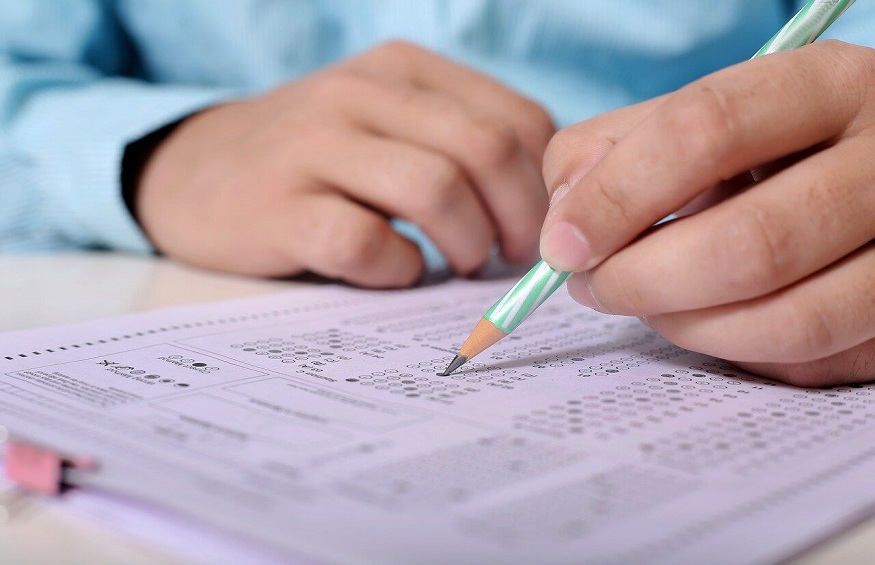How Time Management Plays A Key Role In Your GMAT Preparation

You’ll come to regret it if you ignore the clock, which is a mistake. Consider that you have allotted some time (it is advised that you prepare for the GMAT for at least two to three months) and are prepared to begin your studies.
You should not assume that you can start studying for the GMAT at your own pace straight once. You would just have to reorient yourself later if you prepared in this way since your foundational test preparation would not have been focused on speed. The ideal method to get ready is to build up your test muscles and monitor your development in virtually real-time.
Examining some time management techniques for the GMAT will be helpful.
The Flexible Practice System
Attempting to study everything at once is a common mistake made by pupils. You should be aware of how you currently stack up in terms of both your language and math skills. Within the allotted time, you must complete your homework. You can join GRE exam coaching.
Keep Track Of How You Pacing
Keep a record of the questions that you react to quickly and those that you take a while to respond to when you review the responses. (and correctly). As you practice more questions with time restrictions and keep track of which categories are your strengths and weaknesses, you’ll get a better grasp of how to manage your time more efficiently. As you practice more problems with time limits, you’ll also develop a better sense of how much time is remaining on the exam.
Practice And Improvement Techniques
At first, a few of them can seem odd. Furthermore, they frequently appear to take more time. That’s common. Your accuracy and speed will both improve as you become more at ease using the approaches. The large number of formulas and ideas that are necessary to pass the spoken section is difficult to comprehend. The GMAT paper layout must be understood. High levels of attention are required for the GMAT, which can only be obtained by doing GMAT prep and being proficient with several tactics. Only persistence will allow you to achieve the mix of speed and precision required for the exam.
Strengthen Your Weakness
During the exam, you may feel as though you are lagging behind. You’re probably unable to respond to some of the questions, which is why this is happening. Questions that make you hesitate aren’t always worth your time and effort if there’s a significant chance you’ll answer them poorly nonetheless. Decide as wisely as possible. It’s frequently advantageous to conserve time by making a calculated or even random estimate while you’re struggling with an issue. On the GMAT, you’ll typically miss roughly 40% of the questions, so choosing which to guess and which to solve requires strategic thought. You should also try as many practice GMAT questions as you can. This approach will provide you some time and assist you if you’re running late.
Spend 3 Mins On Each Question
This is meant to be taken literally, and you’re already pushing it if you spend three minutes on one question. You must be flexible when taking the GRE test classes since it will adapt to you as much as you will need to be flexible with it. You lose more money by leaving questions unanswered than by providing lousy answers, therefore don’t ever do that. Recognize the specific time constraints for each test section, as described in the paragraph after this one.
Take A Break
You could stumble and deviate from the right path due to the difficulties of the GMAT exam. You could commit more mistakes than usual. You could feel low and start to doubt yourself as a result of mental weariness. If your mind is ready, take a pause, unwind, and then resume. Consider taking a break if you start to lose focus: It’s time to take a break whenever you notice that you are concentrating more on finding the answer than on how to get there. Finding your weak areas will allow you to take the necessary actions to improve, which is essential if you truly want to raise your GMAT score. Until you stop focusing on how you are, you cannot provide a correct response.
The Computed Guess
Your capacity to think fast will be evaluated by a series of questions on the GMAT. The time allocated for a reading comprehension passage or a critical reasoning question can make it practically impossible to fully comprehend what you have read. Once you’ve practiced GMAT preparation enough, guessing answers gets much simpler. As a result of the mind’s training in pattern recognition, it is able to accurately rule out the possibility of wrong answers. The GMAT was created with time management in mind, and the test’s pace is just as important as its subject matter.
Wrapping Up
It’s important to remember that persistent effort is necessary to perform well on the GMAT, yet this is a crucial point that many test-takers overlook. The test takers come from all backgrounds, but using discretion in how much time you spend each day can help you “work smart” and, in the end, get your desired score.






